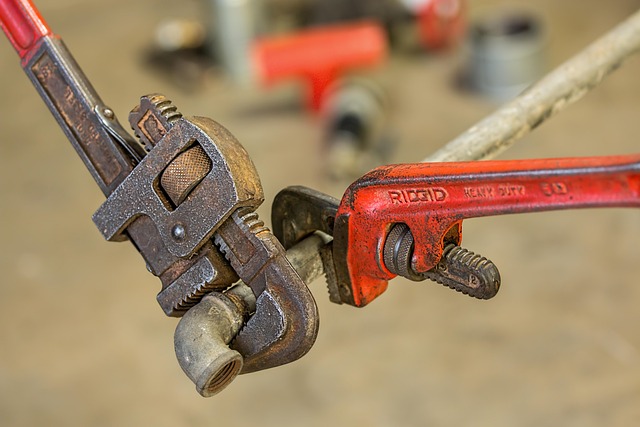Hot water cylinder maintenance is key for efficient, safe operation. Regular checks prevent leaks, rust, and prolong life. Repairs involve inspecting heating elements, valves, and connections. Timely attention to unusual noises, decreased efficiency, or other issues averts costly failures. Replace older cylinders with energy-efficient models for improved performance. Proper insulation and routine professional check-ups extend tank longevity.
Maintaining your hot water cylinder is crucial for ensuring consistent hot water supply and preventing costly repairs. This comprehensive guide offers expert advice on keeping your hot water system in peak condition. From understanding the basics to identifying common wear and tear issues, we’ll walk you through regular inspection tips and help you make informed decisions about repairs or replacements. Learn preventive measures to extend the longevity of your hot water cylinder and avoid unexpected breakdowns.
- Understanding Hot Water Cylinder Basics
- Regular Inspection and Maintenance Tips
- Identifying Common Wear and Tear Issues
- Repair or Replace: Making Informed Decisions
- Preventive Measures for Longevity
Understanding Hot Water Cylinder Basics
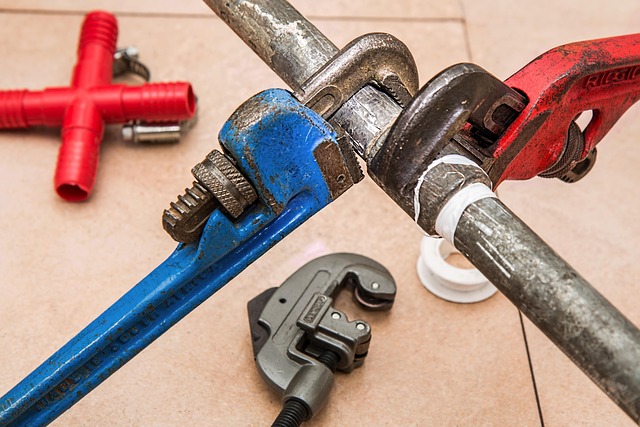
Understanding the basics of a hot water cylinder is key to effective maintenance. These storage tanks are an essential part of any home’s plumbing system, providing heated water for various uses. Typically, they use energy-efficient heating elements or gas burners to maintain water temperature, ensuring a constant supply of warm water throughout your home. Regular upkeep is crucial to prevent issues like leaks, rust buildup, and inefficient heating, which can lead to costly repairs.
Hot water cylinder repair involves several steps, from inspecting the tank for any damage or corrosion to checking the heating elements’ functionality. One might consider ordering a replacement hot water cylinder online if parts are faulty or outdated, while some homeowners prefer seeking local hot water cylinder experts near them for professional installation and guidance on when to replace the cylinder yourself.
Regular Inspection and Maintenance Tips
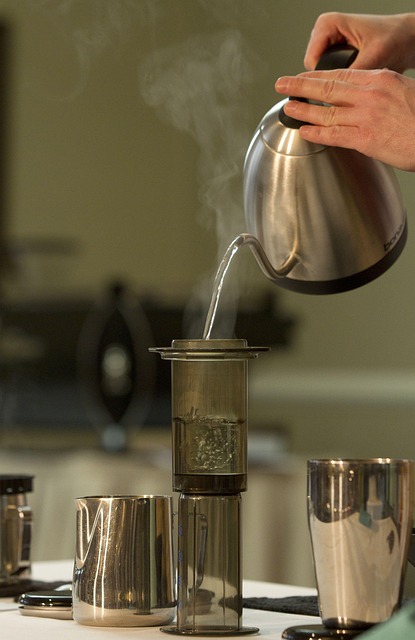
Regular inspections and proper maintenance are key to ensuring your hot water cylinder remains in top condition, avoiding costly repairs or even dangerous situations. It’s important to establish a routine for checking its functionality and components, especially if it’s a gas-powered model. Start by examining the exterior for any signs of damage, corrosion, or leaks, as these could indicate potential safety hazards. Regularly check the pressure relief valve for proper operation, ensuring it opens and closes seamlessly.
When it comes to maintenance, consider these tips: keep an eye on the water level inside the cylinder, ensuring it stays within the recommended range. Check the connections and pipes for any loose fittings or signs of wear and tear, as these could lead to leaks. For gas hot water cylinders, pay special attention to the burner and flame, ensuring they function optimally. Regular maintenance not only extends the life of your hot water cylinder but also promotes its energy efficiency, saving you money in the long run. Remember, timely repairs, such as when noticing a lack of hot water or unusual noises, can prevent more serious issues down the line, so don’t hesitate to call for professional assistance if needed, especially when dealing with complex problems or safety concerns related to your hot water cylinder repair.
Identifying Common Wear and Tear Issues
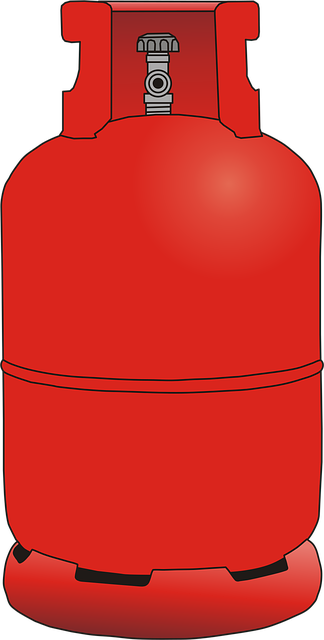
Hot water cylinders, like any other mechanical device, are susceptible to wear and tear over time. Identifying common issues early on is crucial for effective hot water cylinder repair and preventing failures. One of the most noticeable signs is excessive noise coming from the tank, which could indicate corroded or worn-out parts. Leaks are another red flag; regular checking can help pinpoint the source, whether it’s a damaged valve, loose connections, or corrosion at joints.
Additionally, a decline in water heating efficiency should not be overlooked. If your hot water cylinder is taking longer to heat up or isn’t retaining heat as effectively as before, it might be a sign of internal damage or insulation degradation. Regular maintenance, including flushing and checking for sediment buildup, can help address these issues. Preventing hot water cylinder failures through proactive measures, such as timely repairs and regular gas hot water cylinder maintenance tips, ensures a reliable and efficient hot water supply system.
Repair or Replace: Making Informed Decisions
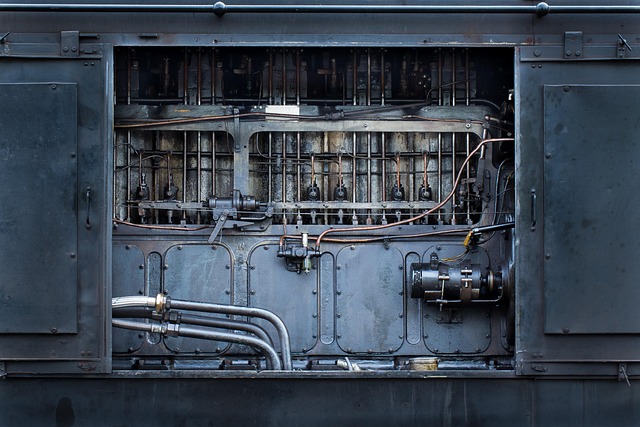
When considering hot water cylinder maintenance, one of the key decisions you’ll face is whether to repair or replace your unit. This choice isn’t always straightforward—it depends on various factors, including the age and type of cylinder, the extent of damage, and your budget. If your hot water cylinder is relatively new and the issue is something like a leaky nozzle (which can often be fixed), then repairing might be the way to go. You could save money and prolong the life of your existing unit.
On the other hand, if your cylinder is old and suffering from multiple problems, such as noise or inefficiency, or if parts are hard to come by, replacement might be more feasible. Modern hot water cylinders often come with improved energy efficiency and advanced safety features, ensuring a longer lifespan and better performance. Before making a decision, consult a professional who can assess the situation and guide you based on their expertise and your specific needs.
Preventive Measures for Longevity
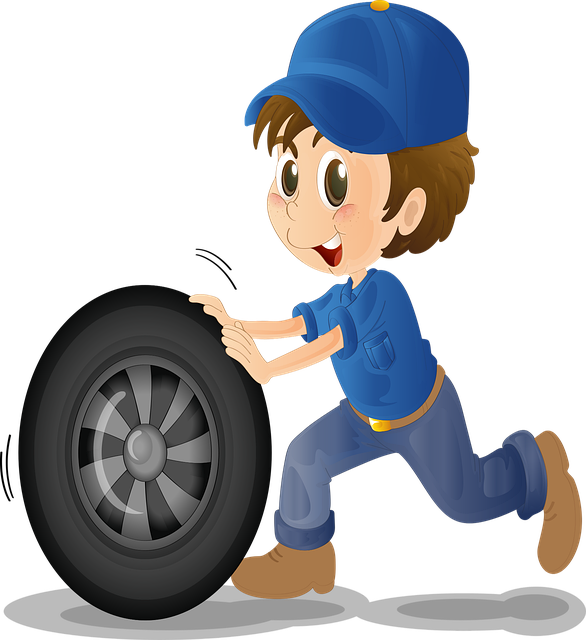
Regular maintenance is key to extending the life of your hot water cylinder and avoiding costly repairs. One of the best preventive measures is to ensure proper insulation. A well-insulated cylinder reduces heat loss, which in turn lowers energy consumption and can prevent early degradation of the tank. This simple step, often overlooked, can significantly impact the cylinder’s longevity.
Additionally, scheduling routine check-ups with a qualified plumber in Bromsgrove is essential. They can identify potential issues before they become major problems, such as leaks or corrosion. How often you should replace your hot water cylinder depends on various factors, but with regular care and attention, it can last for many years. While the cost of hot water cylinder repair might vary, proactive maintenance can help prevent unexpected expenses and ensure a reliable hot water supply.
Maintaining your hot water cylinder is essential for ensuring efficient heating and avoiding costly repairs. By understanding the basic components, conducting regular inspections, and addressing wear and tear issues promptly, you can significantly extend the lifespan of your hot water cylinder. Remember, preventive measures like regular maintenance and timely upgrades are key to preventing major disruptions in your home or business. For any concerns or complex issues, consult a professional to guide you through the best course of action, including hot water cylinder repair or replacement decisions.
